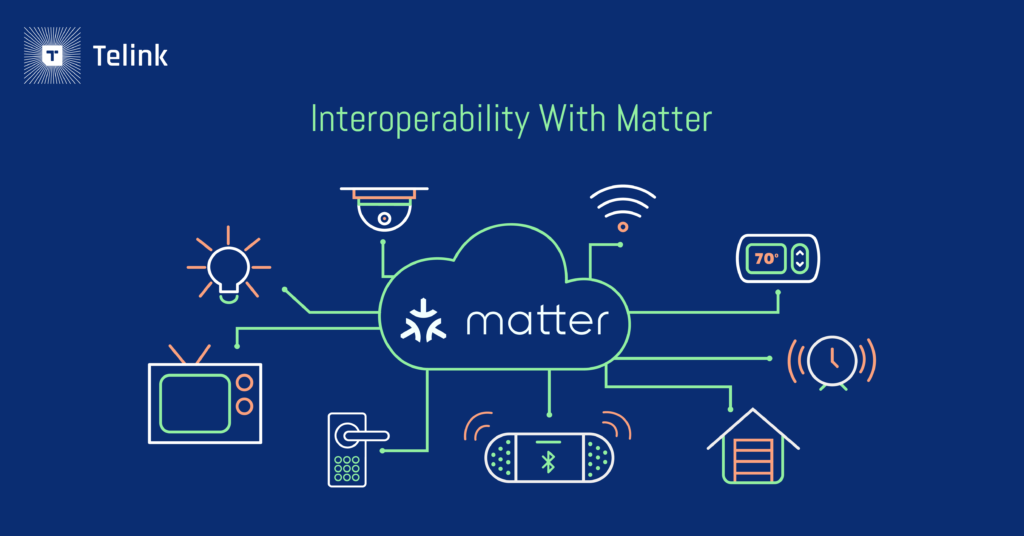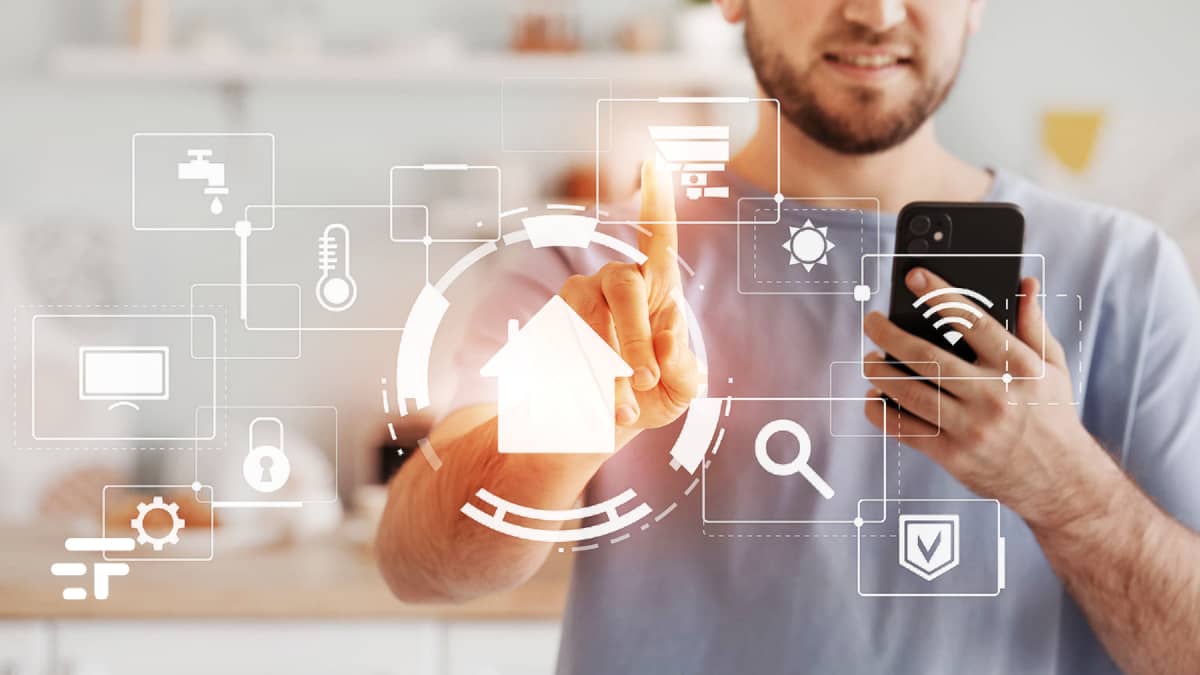Matter 1.0 is finally here! After months of hearing about how this standard software will provide huge benefits to our smart home, users can finally start to see it in action as it rolls out to new gadgets and old favorites. More than 500 companies around the world have collaborated within the Connectivity Standards Alliance to bring Matter to life.
With the launch of Matter 1.0 and the start of the Matter certification program, it should be much easier to find smart home technology that benefits your daily life rather than causing you a lot of headaches. But what is Matter and how does it work? We are here with the answers.
What is Matter?
The promise of the home automation is that your gadgets can interact with each other to create a system that is better than the sum of its parts. An example of an ideal world might see you unlocking the smart lock on your front door after returning home from a long day at work, while your smart speaker plays your favorite tunes and a smart coffee maker prepares you a drink relaxing.
Unfortunately, getting something like this requires spending a lot of time researching whether a device is compatible with the gadgets you already own, and if not, there may not be an alternative.
This is where Matter comes in. A standard that all devices can embrace to interact automatically, creating a real "matrix" that unites all the objects in the home. In practice: you can easily add new devices to your smart home without having to worry about compatibility issues.

How will the smart home work now?
Born from a consortium of companies including Google, Amazon, Apple, Samsung and the Zigbee Alliance, Matter finally aims to create a single standard that all smart home devices will use to communicate with each other. For this there are not many things to say: just bringing an appliance into the house and connecting it to others will be a joke.
And when can we do this Jetsons type stuff? Over time, the adoption of Matter will be gradual. Some products, like Phillips Hue, will make almost all of their existing devices (and new ones) compatible with Matter. Companies' upgrades to the system will mostly be concentrated in the first quarter of 2023.
Watch out for the new purchases you will make, especially in times of Black Friday: you will find a lot of deals, if you don't care that the toaster talks to the light bulb, but if you want a really smart home don't buy old things: they could become obsolete much faster.


